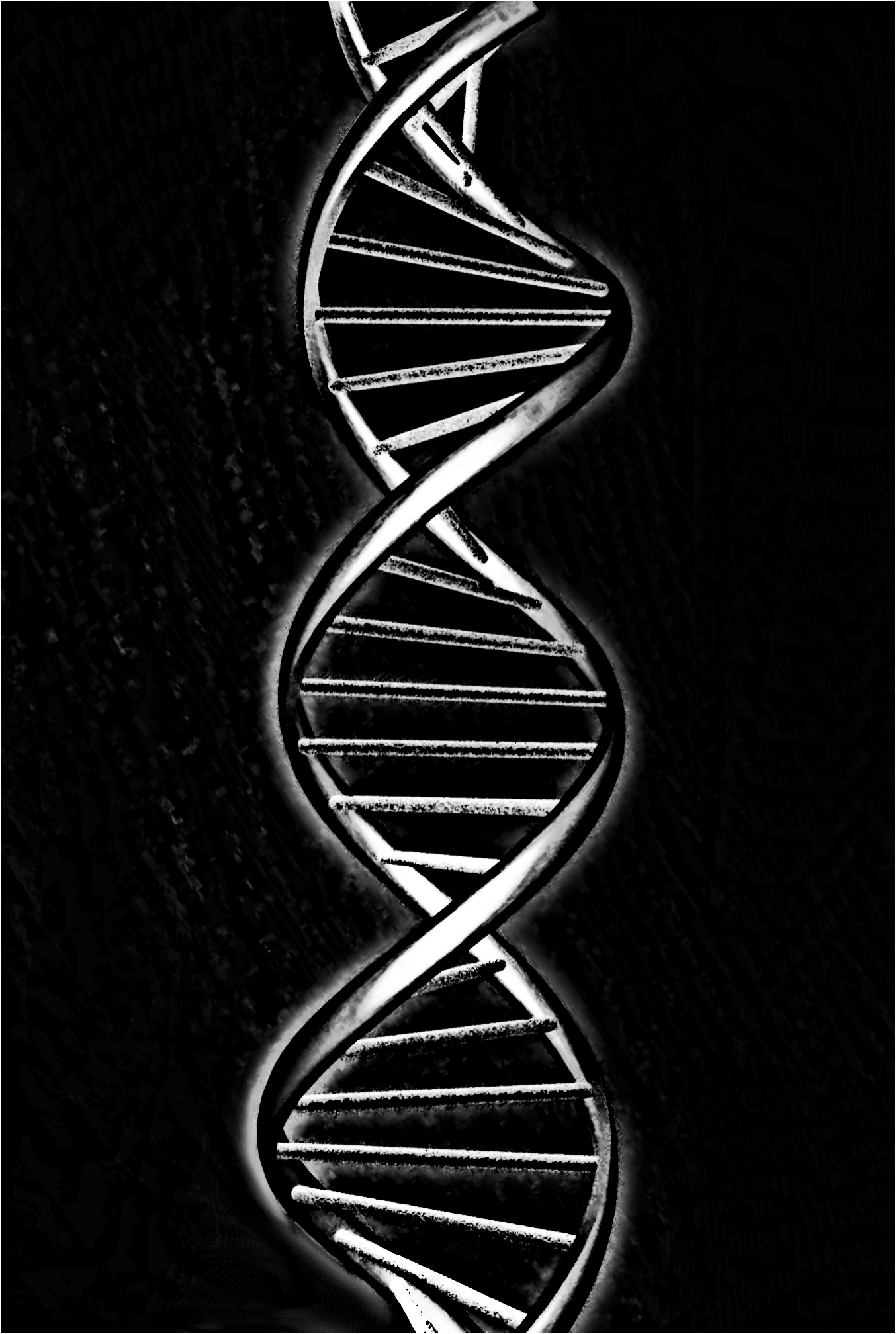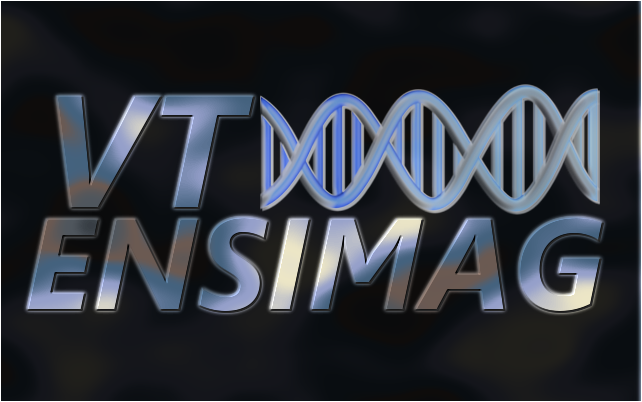From 2010.igem.org
(Difference between revisions)
|
|
| Line 2: |
Line 2: |
| | | | |
| | <br> | | <br> |
| - | We have performed different tests constructed in order to test one particular point each time. The first tests were basuc tests to check the efficiency of the software. Then we conducted more sophiscated tests as test on length, keywords... | + | We have performed different tests constructed in order to test one particular point each time. The first tests were basic tests to check the efficiency of the software. Then we conducted more sophiscated tests as test on length, keywords... |
| | | | |
| | <br> | | <br> |
Revision as of 14:52, 31 August 2010
Tests and Results
|

Home
Our team
Sequence screening
The software: GenoTHREAT
Tests and Results
Screening of the iGEM registry
PCR fusion primer
Lab notebook
Safety
Media Links
Comments


|
|
We have performed different tests constructed in order to test one particular point each time. The first tests were basic tests to check the efficiency of the software. Then we conducted more sophiscated tests as test on length, keywords...
|
Database
|
Select Agent And Toxins and non-Select Agents and Toxins
Both Select Agent and Toxins and non-Select Agent and Toxins were added to the DB for test sequences. Click here to find out more about Select Agent and Toxins.
|
Results
|
|
Housekeeping
Housekeeping genes were added to the database for both Select and non-Select Agents and Toxins to determine whether the screening software can effectively screen them. Click here to find out more about housekeeping genes.
|
Results
|
|
Modifications
|
Intervening Sequence
An intervening sequence is an SAT sequence hidden within a larger, benign sequence. These modified sequences were constructed to determine whether the program can find hidden sequences. Click here to learn more about how these sequences were made.
|
Results
|
|
Random Mutations
A random mutation sequence contains a defined number of mutations to resemble single nucleotide polymorphisms (SNPs). They were designed to test how effectively the software screens when sequence alignment parameters are varied. Click here to learn more about how these sequences were made.
|
Results
|
|
Degeneracy
Degenerate, or synonymous, sequences have different nucleotide sequences but encode the same protein. These sequences were screened to determine whether it is really necessary to align both the nucleotide and translated amino acids. Click here to learn more about how these sequences were made.
|
Results
|
|
Tests
|
Keyword List
The keyword list is used to determine if the “Best Match” is to an SAT or not. This test is designed to show how the keyword lists affects the outcome of our program. Click here to see more about how the keyword list and test.
|
Results
|
|
BLAST Parameters
BLAST has parameters that affect the resulting sequence alignments. This test is used to identify the affects of various BLAST parameter combinations. Click here to learn about the various BLAST parameters and how they may affect sequence screening.
|
Results
|
|
Sequence Length
Sequence length has the potential to affect our programs speed. This test tests the impact of sequence length on the programs speed. Click here to learn more about how the test was performed.
|
Results
|
|
 "
"




